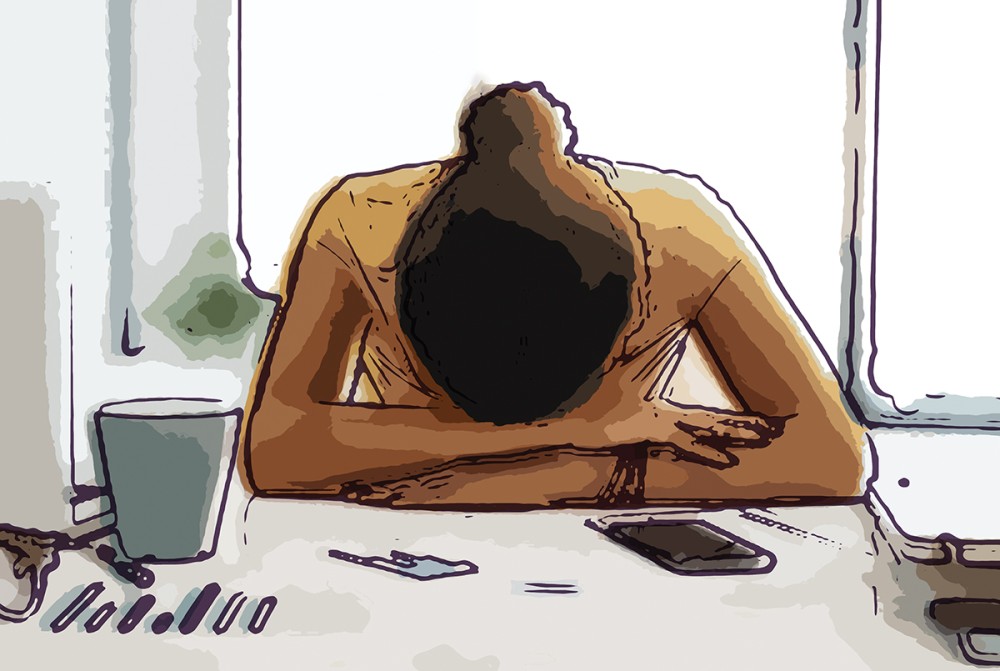
“I am feeling bullied by some of the people in my church,” a clergy friend told me recently. “They criticize everything I do, so I do more and more just to please them. Nothing I do works; nothing makes them happy.”
When the pandemic hit in March, congregational leaders pressed him to develop online worship, dramatically increasing his workload overnight. More recently, he’s been feeling pressure around the timeline for the church to go back to in-person worship. Demands for pastoral care have increased, too. But he’s just as anxious as his parishioners are about the virus, not to mention the natural disasters, racial injustice, and political turmoil. “Where am I supposed to find my support?” he asked me. He’s begun to self-soothe his anxiety with a variety of unhealthy behaviors, even crossing the line into potential ethical violations.
My friend is showing signs of clergy burnout—and he hasn’t told his church lay leaders how he’s feeling. “I can’t talk to them,” he explained to me. “They don’t understand that I have lost confidence and energy; they just think I am having a few bad days.” He also expressed reluctance to reach out to a counselor or someone from the wider church. He feels paralyzed, afraid of being judged and removed from his ministry position.





